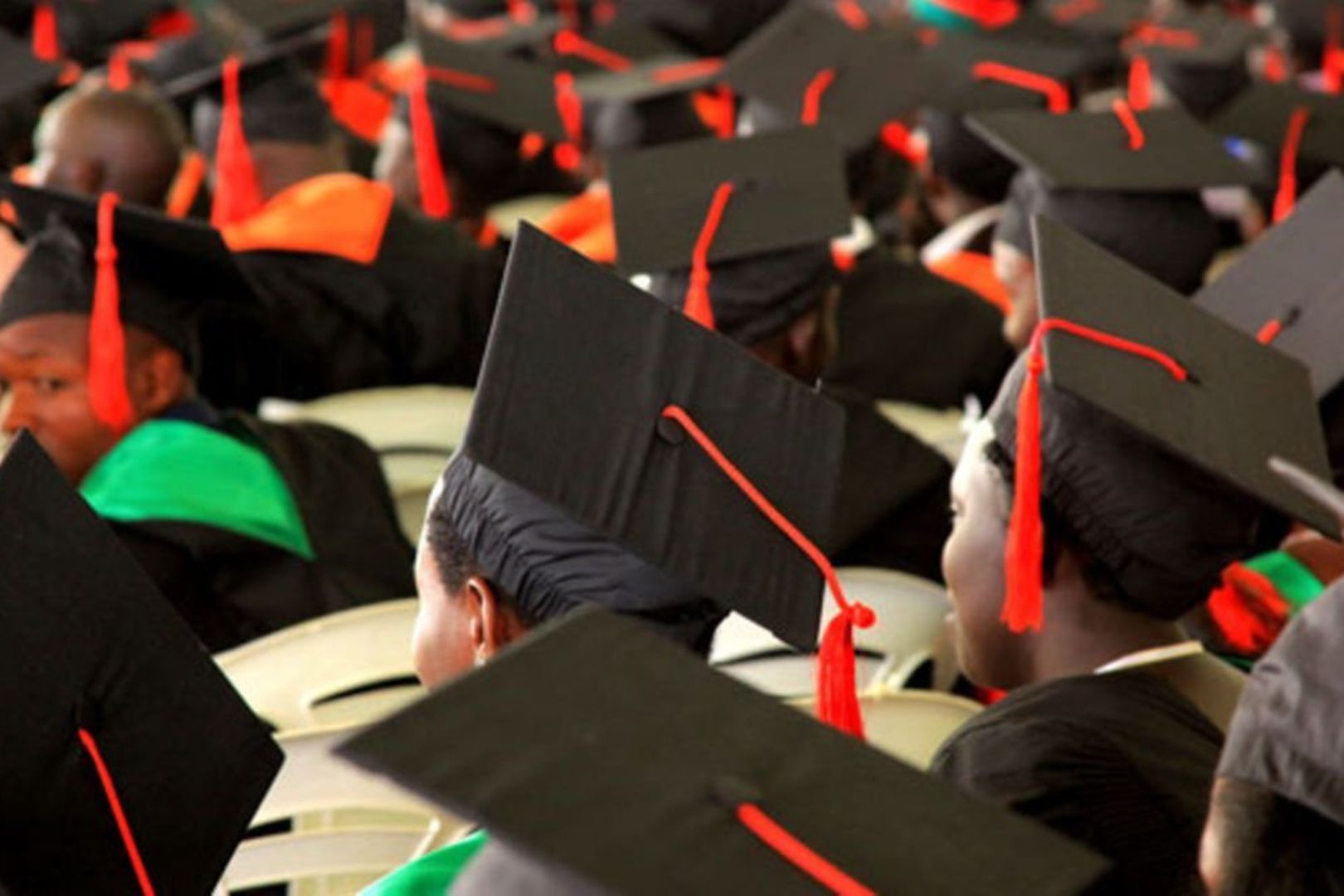Prime
Govt seeks to recover Shs46b from 4,860 students’ loan beneficiaries

Students of Kyambogo University after their graduation ceremony last week. Government will soon track the beneficiaries of its student loan scheme at their work places. PHOTO/ABUBAKER LUBOWA
What you need to know:
- The study loan scheme commenced in the 2014/2015 Financial Year to give financial assistance to needy students in higher institutions of learning.
The Higher Education Students’ Financing Board (HESFB) has revealed that at least 4,860 students’ loan scheme beneficiaries have completed both their academics and grace period since programme inception in 2014.
According to the board executive director, Mr Michael Wanyama, a total of 13,405 have studied under the scheme and Shs46b is expected to be recovered from the more than 4,000 students who are in their recovery period.
“Upon completion of studies, beneficiaries are offered a 12-month grace period after which they are offered a maximum repayment period of twice their programme duration. HESFB is already engaged in the recovery of Shs46b from 4,860 beneficiaries who completed their grace period,” the HESFB executive director’s notice that was issued yesterday read in part.
“The Students’ Loan Scheme is a revolving fund where the funds recovered are offered as new students’ loans,” the notice added.
In the same public notice to employers and loan beneficiaries seen by Monitor, Mr Wanyama cautioned employers of the loan beneficiaries against non-compliance by failing to remit the loan repayments in accordance with the Higher Education Students’ Financing Act 2014, saying this may attract litigation.
“Every employer to the loan beneficiary whose loan is due for repayment must notify the board of the employment and remit the loan repayments in accordance with the law. The repayment shall not exceed 30 percent of the net salary of the employee,” Mr Wanyama said in his public notice issued yesterday.
He added: “This is to inform all loan beneficiaries that you are obliged to comply with your legal obligations, failure of which shall attract punitive measures. Where a person has no income for the repayment of the student loan, the person shall within 14 days after receiving this notice inform the board accordingly.”
The study loan scheme commenced in the 2014/2015 Financial Year to give financial assistance to needy students in higher institutions of learning. The students were required to refund the money after completing their studies.
However, whereas the scheme was later revised to cater for at least 1,000 struggling continuing students to reduce the number of university dropouts, this was suspended at the beginning of this year due to financial constraints.
The law
The Higher Education Students’ Financing Act 2014, section 24(2) states that the repayment of a student loan shall be charged on the salary or wages/income of the beneficiary.
Section 25(2) of the same Act stipulates that any loan beneficiary who contravenes the Act (failure to pay) commits an offence and liable to a fine not exceeding fifty currency points or imprisonment of six months or both on conviction.





